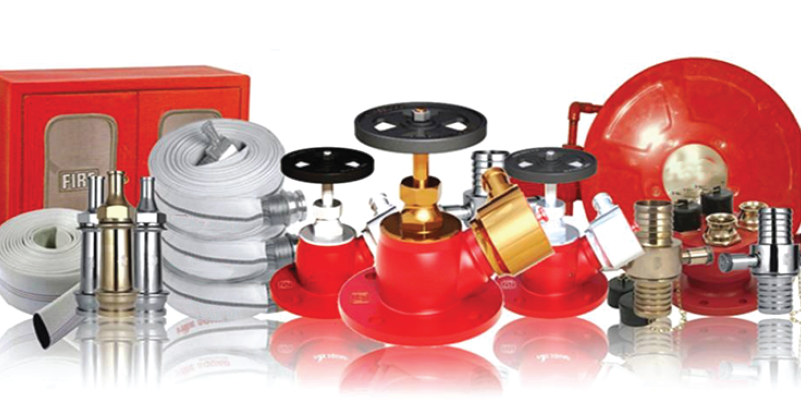

Fire Safety Equipment System: Applications and Advantages
Fire safety is a critical aspect of building design, industrial operations, and community infrastructure. With the increasing complexity of modern facilities and urban environments, having a reliable Fire Safety Equipment System is not just a regulatory requirement — it’s a lifesaving necessity. In this blog, we explore the applications of fire safety systems across industries and their key advantages that make them indispensable in today’s world. Efficient Fire
What is a Fire Safety Equipment System?
A Fire Safety Equipment System is a comprehensive set of tools, devices, and technologies designed to detect, control, and extinguish fires. These systems work to minimize the damage caused by fire and ensure the safety of people, property, and the environment.
The system typically includes:
Fire detection systems: (smoke detectors, heat detectors, flame detectors)
Fire suppression systems:(sprinklers, fire extinguishers, gas suppression systems).
Alarm and evacuation systems:
Fire hydrants, hose reels, and pump systems
Emergency lighting and signage
Applications of Fire Safety Equipment Systems
Fire safety systems are vital across a wide range of sectors:
1. Commercial Buildings: Offices, shopping malls, hotels, and hospitals require extensive fire detection and suppression systems to ensure occupant safety and regulatory compliance.
2. Industrial Facilities:Factories, warehouses, and manufacturing units deal with flammable materials, machinery, and hazardous processes, making fire safety systems critical for operational safety.
3.Residential Complexes:Apartment buildings and gated communities install centralized alarm systems, extinguishers, and hydrants for quick response in case of fire.
4.Data Centers And IT Infrastructure:Gas-based suppression systems are used to protect sensitive electronics without water damage.
5.Airports, Railways, and Transportation Hubs:High-traffic areas need robust fire detection and evacuation systems to protect lives and minimize disruption.
6.Construction Sites:Temporary but essential systems are deployed to reduce fire risk in work-in-progress structures.
Advantages of Fire Safety Equipment Systems:
1. Early Detection and Rapid Response: Fire alarms and detectors identify fires at their earliest stage, allowing for faster response and evacuation, drastically reducing potential damage.
2. Life Safety:The primary purpose is to save lives. Effective fire systems ensure that people are alerted and evacuated before the situation escalates.
3. Property Protection: By quickly containing or extinguishing fires, these systems help minimize damage to infrastructure, equipment, and inventory.
4.Compliance with Regulations:Fire safety systems help buildings and organizations meet national and international fire safety codes and standards, avoiding penalties and shutdowns.
5.Insurance Benefits:Properties equipped with certified fire safety systems often benefit from lower insurance premiums and faster claim processes.
6.Business Continuity:Minimizing fire damage ensures faster recovery, reduced downtime, and continuity of operations, which is especially crucial for businesses and industries.
Conclusion:
Investing in a comprehensive fire safety equipment system is not just a smart choice—it’s a responsibility. Whether you’re managing a high-rise building, a factory, or a public facility, these systems provide a safety net that protects lives, assets, and business continuity. If you are planning to install or upgrade your fire safety system, make sure to work with certified professionals and choose equipment that meets the specific needs of your facility. Safety is not expensive. It’s priceless.

Leave a comment
All fields marked with an asterisk (*) are required